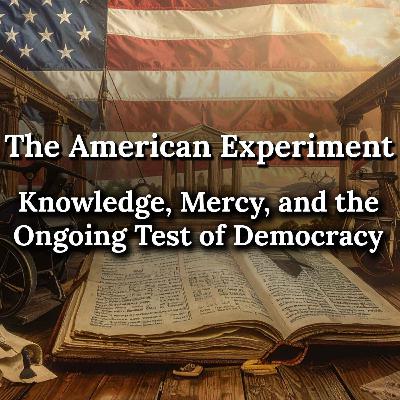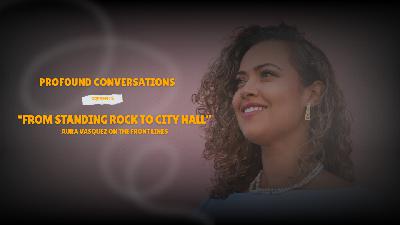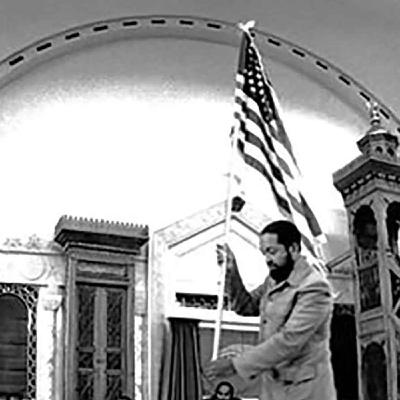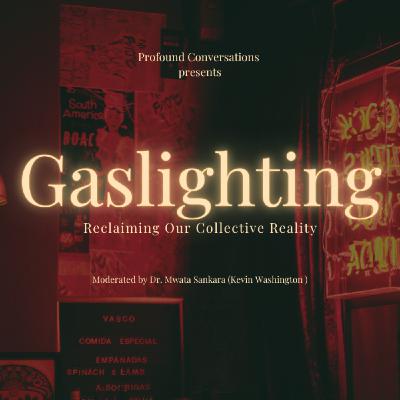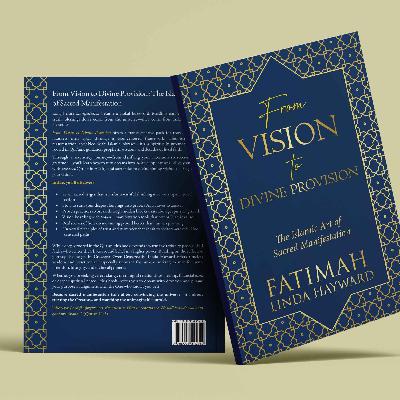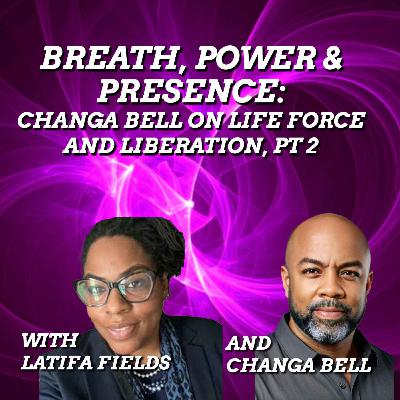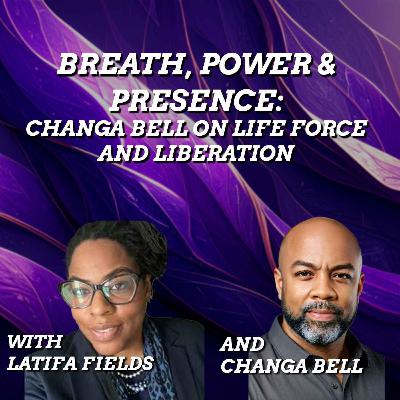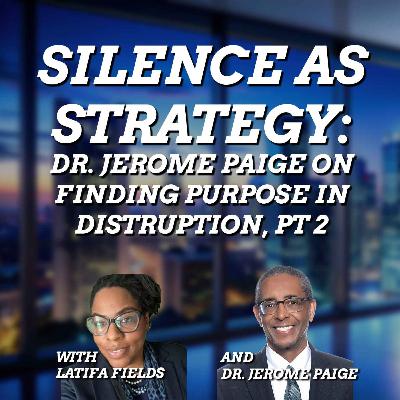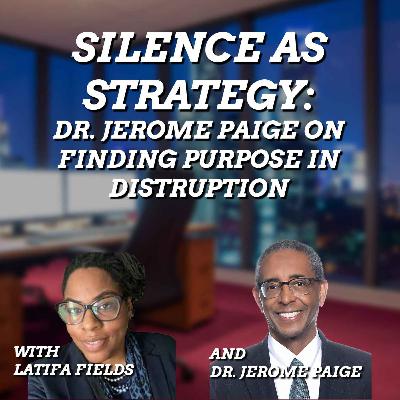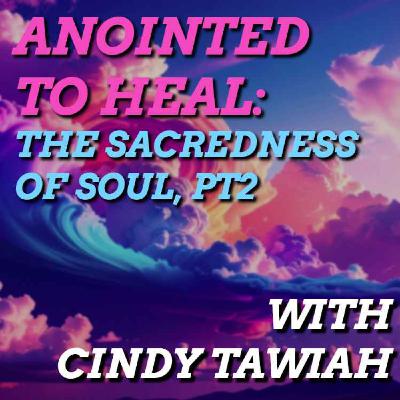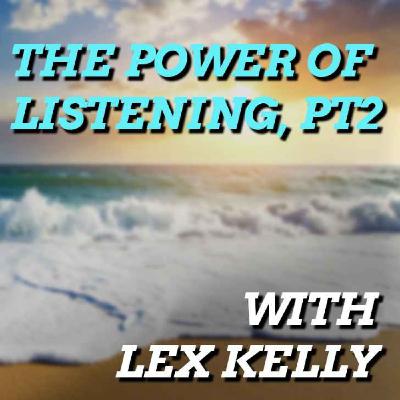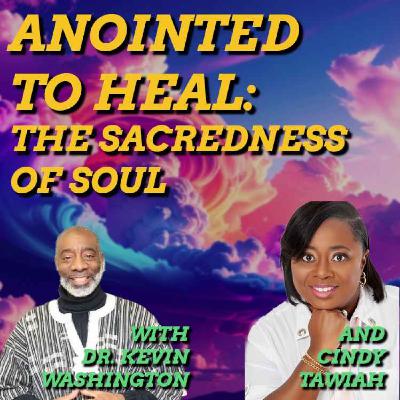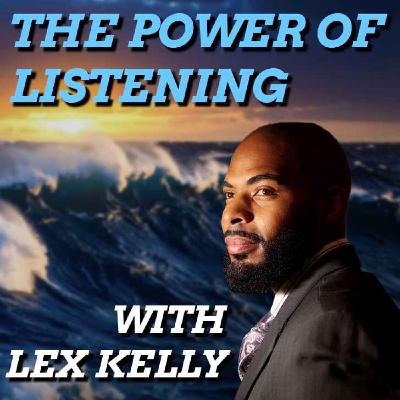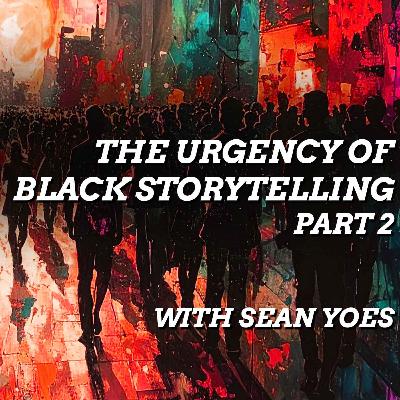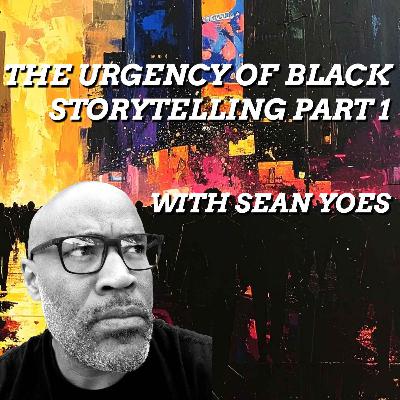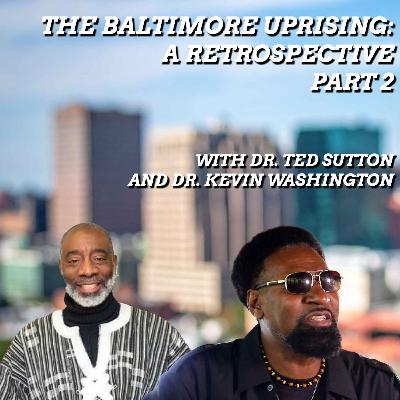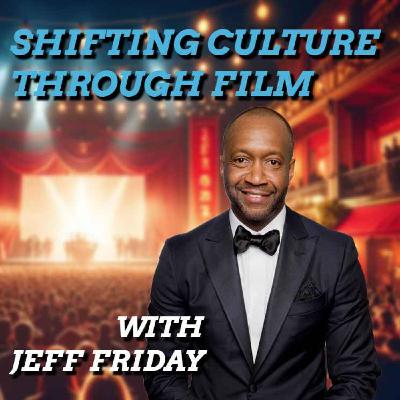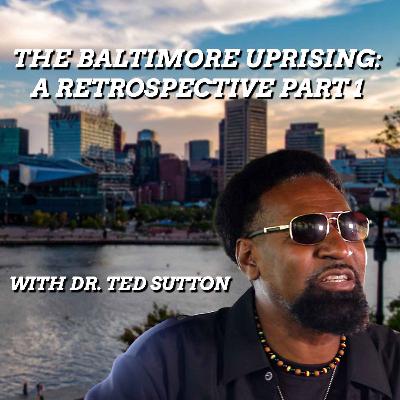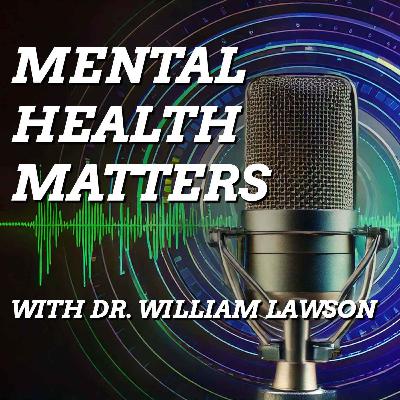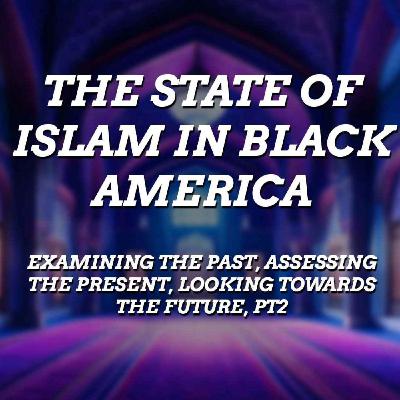Discover Profound Conversations
Profound Conversations

Profound Conversations
Author: Karim Ali
Subscribed: 1Played: 2Subscribe
Share
© Karim Ali
Description
This is my very interesting podcast
Hosted on Acast. See acast.com/privacy for more information.
65 Episodes
Reverse
Profound Conversation invites thought leaders to explore the enduring and contested idea of the “American experiment.” Rooted in Enlightenment principles and launched in 1776, this experiment was never merely about forming a government; it was about testing whether diverse peoples could build and sustain a society on the radical premise that all are created equal and endowed with unalienable rights.Yet, from its inception, the experiment has been fraught with contradiction and doubt. Early observers, including Benjamin Franklin, acknowledged the fragility of this undertaking: “A republic, if you can keep it.” The American project has always been a wager on the capacity of ordinary people to govern themselves, and history has tested that wager—through slavery and the Civil War, through the civil rights struggle, through ongoing debates about equality, justice, and belonging.This episode grapples with the question: Is the American experiment succeeding, failing, or still unfolding in ways we have yet to grasp? Hosted on Acast. See acast.com/privacy for more information.
This episode of Profound Conversations’ centers Aura Vasquez’s compelling journey, connecting her work in immigration, environmental justice, and civic leadership with the rising threats of authoritarianism and the need for political engagement in Southern California and beyond. Aura is an Afro-Latina Colombian immigrant, a fearless climate justice advocate, and a rising political figure whose work challenges systemic inequities, fights back against corporate overreach, and empowers everyday people to participate in shaping their communities.At a time when authoritarian rhetoric is gaining traction and democratic norms are under threat, especially in immigrant-heavy urban centers like Los Angeles, Aura’s life story offers urgent lessons—and a call to action. Hosted on Acast. See acast.com/privacy for more information.
Profound Conversation invites thought leaders to explore the enduring and contested idea of the “American experiment.” Rooted in Enlightenment principles and launched in 1776, this experiment was never merely about forming a government; it was about testing whether diverse peoples could build and sustain a society on the radical premise that all are created equal and endowed with unalienable rights.Yet, from its inception, the experiment has been fraught with contradiction and doubt. Early observers, including Benjamin Franklin, acknowledged the fragility of this undertaking: “A republic, if you can keep it.” The American project has always been a wager on the capacity of ordinary people to govern themselves, and history has tested that wager—through slavery and the Civil War, through the civil rights struggle, through ongoing debates about equality, justice, and belonging.This episode grapples with the question: Is the American experiment succeeding, failing, or still unfolding in ways we have yet to grasp? Hosted on Acast. See acast.com/privacy for more information.
Are we being gaslit as a nation? In this urgent conversation, Dr. Kevin Washington and psychotherapist Dr. Pamela Brewer exposes how denial, distortion, and manipulation — the classic tactics of gaslighting — are shaping public discourse and decision-making in the United States. Learn how these psychological power plays impact our collective mental health and what we can do to reclaim reality, resist manipulation, and rebuild trust in one another. Hosted on Acast. See acast.com/privacy for more information.
In this transformative episode of Profound Conversations, we explore a groundbreaking approach to personal development that bridges the gap between Islamic faith and modern goal achievement. Author Fatimah Linda Howard shares how Muslims can pursue their dreams without compromising their beliefs, introducing the revolutionary concept of "Islamic manifestation" - where blessings come not from the universe, but from Allah, the Most Generous.This conversation challenges the either/or mentality that forces Muslims to choose between worldly success and spiritual devotion, revealing how our deepest ambitions can become acts of worship when approached with the right intention and framework. We'll explore why wanting more - whether in career, wealth, or personal growth - isn't "unspiritual" but rather an opportunity to demonstrate trust in Allah's abundance. Hosted on Acast. See acast.com/privacy for more information.
Profound Conversation is a listening & dialogue space which brings the foremost thought leaders into a conversation to grapple with the vexing challenges of our times!In an ever evolving world new ideas and transformative ways of being are the lights at the end of the tunnel. Profound Conversations uses intercultural dialogue, extensive community and organizational engagement to initiate valuable cultural, educational, economic, and policy outcomes.To find out more about our show, our mission, and our conversationalists, please go to:https://www.profoundconvos.comYou can find our PODCAST on all major podcast platforms.Follow us on:LinkedIn: https://www.linkedin.com/company/profoundconversations/Instagram: https://www.instagram.com/profoundconversations/Profound Conversations Executive Producers are the Muslim Life Planning Institute, a national community building organization whose mission is to establish pathways to lifelong learning and healthy communities at the local, national and global level. www.MLPN.lifeThe Profound Conversations podcast is produced by Erika Christie www.ErikaChristie.com Hosted on Acast. See acast.com/privacy for more information.
Profound Conversation is a listening & dialogue space which brings the foremost thought leaders into a conversation to grapple with the vexing challenges of our times!In an ever evolving world new ideas and transformative ways of being are the lights at the end of the tunnel. Profound Conversations uses intercultural dialogue, extensive community and organizational engagement to initiate valuable cultural, educational, economic, and policy outcomes.To find out more about our show, our mission, and our conversationalists, please go to:https://www.profoundconvos.comYou can find our PODCAST on all major podcast platforms.Follow us on:LinkedIn: https://www.linkedin.com/company/profoundconversations/Instagram: https://www.instagram.com/profoundconversations/Profound Conversations Executive Producers are the Muslim Life Planning Institute, a national community building organization whose mission is to establish pathways to lifelong learning and healthy communities at the local, national and global level. www.MLPN.lifeThe Profound Conversations podcast is produced by Erika Christie www.ErikaChristie.com Hosted on Acast. See acast.com/privacy for more information.
Profound Conversation is a listening & dialogue space which brings the foremost thought leaders into a conversation to grapple with the vexing challenges of our times!In an ever evolving world new ideas and transformative ways of being are the lights at the end of the tunnel. Profound Conversations uses intercultural dialogue, extensive community and organizational engagement to initiate valuable cultural, educational, economic, and policy outcomes.To find out more about our show, our mission, and our conversationalists, please go to:https://www.profoundconvos.comYou can find our PODCAST on all major podcast platforms.Follow us on:LinkedIn: https://www.linkedin.com/company/profoundconversations/Instagram: https://www.instagram.com/profoundconversations/Profound Conversations Executive Producers are the Muslim Life Planning Institute, a national community building organization whose mission is to establish pathways to lifelong learning and healthy communities at the local, national and global level. www.MLPN.lifeThe Profound Conversations podcast is produced by Erika Christie www.ErikaChristie.com Hosted on Acast. See acast.com/privacy for more information.
Profound Conversation is a listening & dialogue space which brings the foremost thought leaders into a conversation to grapple with the vexing challenges of our times!In an ever evolving world new ideas and transformative ways of being are the lights at the end of the tunnel. Profound Conversations uses intercultural dialogue, extensive community and organizational engagement to initiate valuable cultural, educational, economic, and policy outcomes.To find out more about our show, our mission, and our conversationalists, please go to:https://www.profoundconvos.comYou can find our PODCAST on all major podcast platforms. Follow us on: LinkedIn: https://www.linkedin.com/company/profoundconversations/ Instagram: https://www.instagram.com/profoundconversations/Profound Conversations Executive Producers are the Muslim Life Planning Institute, a national community building organization whose mission is to establish pathways to lifelong learning and healthy communities at the local, national and global level. www.MLPN.lifeThe Profound Conversations podcast is produced by Erika Christie www.ErikaChristie.com Hosted on Acast. See acast.com/privacy for more information.
In this soul-nourishing episode, we speak with Cindy Tawiah—former nurse, Ghanaian-born changemaker, and founder of Diva by Cindy, a hair care products line and the owner of the Diva Day Spa, a haven for self care and restoration. We will discuss her powerful journey from Ghana, to hospital halls to holistic healing havens. Cindy’s story is one of fierce passion, and divine alignment. From a chemistry class experiment in Ghana to building a healing empire rooted in self-love, her path is a testament to resilience, reinvention,and restorative care. Hosted on Acast. See acast.com/privacy for more information.
The power of listening is mostly misunderstood. All of our senses listen and as well we can listen to each of them. Learning and applying listening as a process is an effective means for harnessing trust and authenticity in relationships. In chemistry it would be likened to the splitting of atoms. Depending upon the chemical compounds brought together, a predictable chemical reaction will occur. Likewise, applying a sense of care in our listening sets the environment for predictable outcomes. This episode seeks to provide useful advice for quieting the spirit through listening. We will explore concepts inside the Ubuntu psychotherapeutic approach, as well as Cultures of Care and Quantum Listening methodologies; all in an effort to improve our communication within ourselves and between one another. Hosted on Acast. See acast.com/privacy for more information.
In this soul-nourishing episode, we speak with Cindy Tawiah—former nurse, Ghanaian-born changemaker, and founder of Diva by Cindy, a hair care products line and the owner of the Diva Day Spa, a haven for self care and restoration. We will discuss her powerful journey from Ghana, to hospital halls to holistic healing havens. Cindy’s story is one of fierce passion, and divine alignment. From a chemistry class experiment in Ghana to building a healing empire rooted in self-love, her path is a testament to resilience, reinvention,and restorative care. Hosted on Acast. See acast.com/privacy for more information.
The power of listening is mostly misunderstood. All of our senses listen and as well we can listen to each of them. Learning and applying listening as a process is an effective means for harnessing trust and authenticity in relationships. In chemistry it would be likened to the splitting of atoms. Depending upon the chemical compounds brought together, a predictable chemical reaction will occur. Likewise, applying a sense of care in our listening sets the environment for predictable outcomes. This episode seeks to provide useful advice for quieting the spirit through listening. We will explore concepts inside the Ubuntu psychotherapeutic approach, as well as Cultures of Care and Quantum Listening methodologies; all in an effort to improve our communication within ourselves and between one another. Hosted on Acast. See acast.com/privacy for more information.
Profound Conversation is a listening & dialogue space which brings the foremost thought leaders into a conversation to grapple with the vexing challenges of our times!In an ever evolving world new ideas and transformative ways of being are the lights at the end of the tunnel. Profound Conversations uses intercultural dialogue, extensive community and organizational engagement to initiate valuable cultural, educational, economic, and policy outcomes.To find out more about our show, our mission, and our conversationalists, please go to:https://www.profoundconvos.com Hosted on Acast. See acast.com/privacy for more information.
Profound Conversation is a listening & dialogue space which brings the foremost thought leaders into a conversation to grapple with the vexing challenges of our times!In an ever evolving world new ideas and transformative ways of being are the lights at the end of the tunnel. Profound Conversations uses intercultural dialogue, extensive community and organizational engagement to initiate valuable cultural, educational, economic, and policy outcomes.To find out more about our show, our mission, and our conversationalists, please go to:https://www.profoundconvos.com Hosted on Acast. See acast.com/privacy for more information.
On Saturday, April 19, Baltimore marked ten years to the day since Freddie Gray died from injuries inflicted in police custody through protests, art exhibits, and community gatherings — to remember Gray’s death, Profound Conversations invited Dr. Ted Sutton, a native of Baltimore, Maryland and an activist who played a pivotal role in quelling violence and destruction during the days leading up to and aftermath of the Baltimore Uprisings! Hosted on Acast. See acast.com/privacy for more information.
Profound Conversation is a listening & dialogue space which brings the foremost thought leaders into a conversation to grapple with the vexing challenges of our times!In an ever evolving world new ideas and transformative ways of being are the lights at the end of the tunnel. Profound Conversations uses intercultural dialogue, extensive community and organizational engagement to initiate valuable cultural, educational, economic, and policy outcomes.To find out more about our show, our mission, and our conversationalists, please go to:https://www.profoundconvos.com Hosted on Acast. See acast.com/privacy for more information.
On Saturday, April 19, Baltimore marked ten years to the day since Freddie Gray died from injuries inflicted in police custody through protests, art exhibits, and community gatherings — to remember Gray’s death, Profound Conversations invited Dr. Ted Sutton, a native of Baltimore, Maryland and an activist who played a pivotal role in quelling violence and destruction during the days leading up to and aftermath of the Baltimore Uprisings! Hosted on Acast. See acast.com/privacy for more information.
Profound Conversation is a listening & dialogue space which brings the foremost thought leaders into a conversation to grapple with the vexing challenges of our times! In an ever evolving world new ideas and transformative ways of being are the lights at the end of the tunnel. Profound Conversations uses intercultural dialogue, extensive community and organizational engagement to initiate valuable cultural, educational, economic, and policy outcomes. To find out more about our show, our mission, and our conversationalists, please go to: https://www.profoundconvos.com Hosted on Acast. See acast.com/privacy for more information.
Profound Conversation is a listening & dialogue space which brings the foremost thought leaders into a conversation to grapple with the vexing challenges of our times! In an ever evolving world new ideas and transformative ways of being are the lights at the end of the tunnel. Profound Conversations uses intercultural dialogue, extensive community and organizational engagement to initiate valuable cultural, educational, economic, and policy outcomes. To find out more about our show, our mission, and our conversationalists, please go to: https://www.profoundconvos.com Hosted on Acast. See acast.com/privacy for more information.


